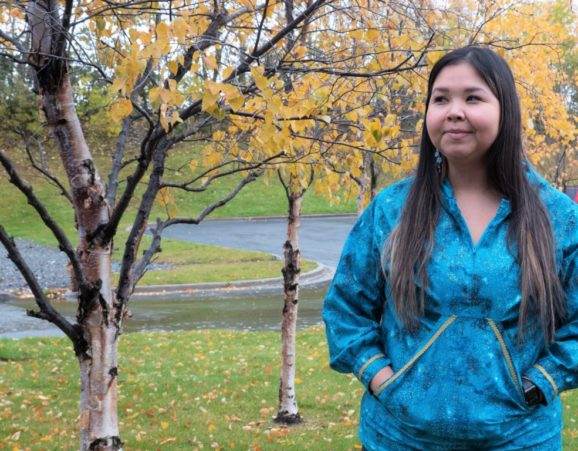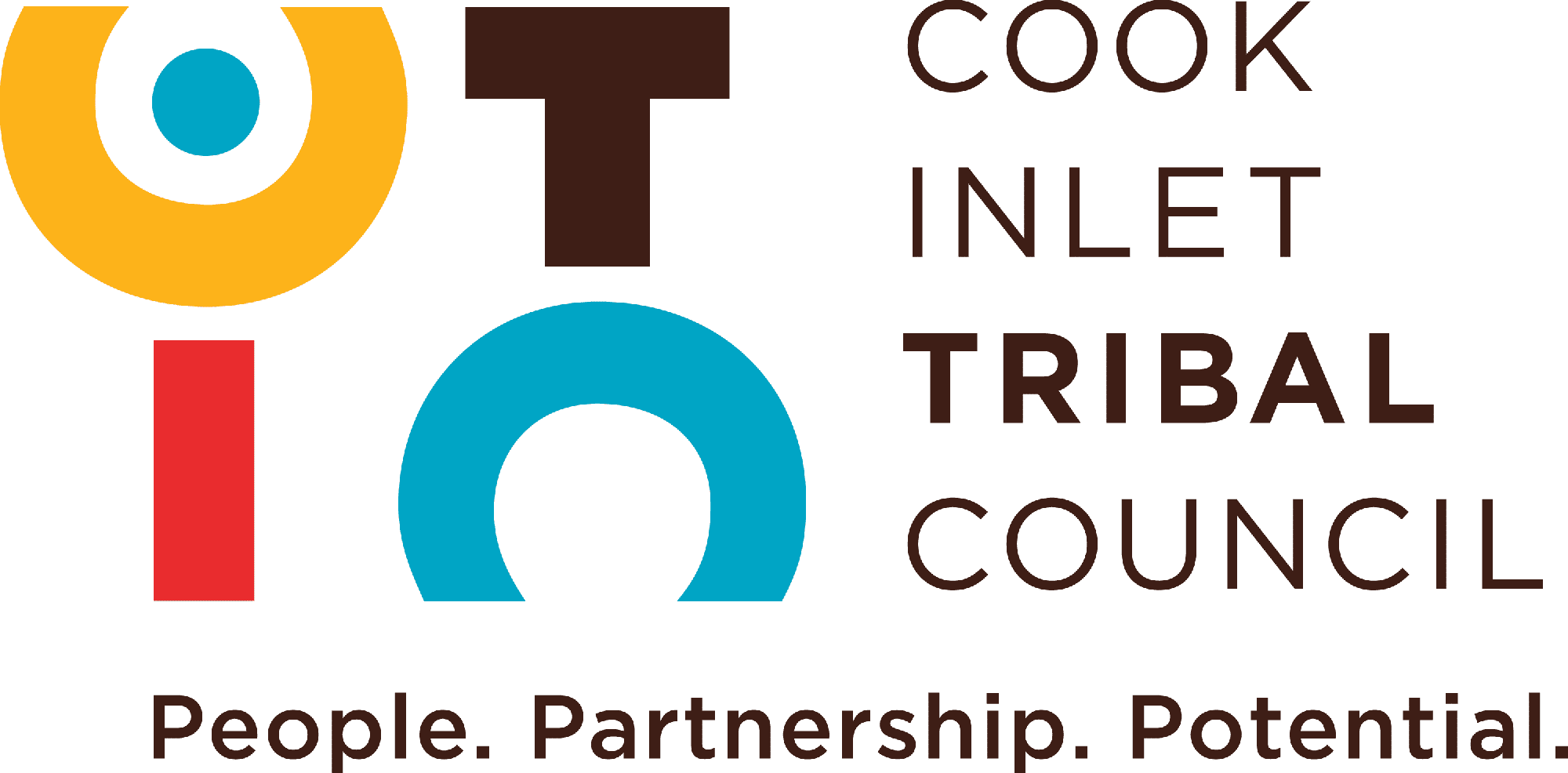09 Dec ANJC FUNDRAISER PROVIDES SUPPORT FOR VICTIMS OF VIOLENCE
“I should just kill you.“

Those were the words that followed Jamie as she left her home. She had taken her children to stay with her sister many times before, in an effort to give her husband space to cool off. But something was different this time.
Jamie gathered some belongings, then headed for the door with her daughter in her arms—and her husband pushed her. Her daughter’s head struck the banister. Jamie knelt to check on her—but her husband grabbed Jamie by the neck and slammed her head into the ground. He bit her face, then growled those words.
I should just kill you.
But when Jamie called the Anchorage Police Department (APD) to report her husband’s actions, everything went wrong.
“He lied and told them our son bit my face,” she recalled. “My son was three at the time and had never bit me or ever exhibited violent behavior. I’ll never forget how scared he was when he saw his dad doing that to me. I’ll never forget his scream.”
A Safe Place
When the APD officer didn’t believe her story, Jamie was angry and frustrated.
“I didn’t feel like my voice was being heard,” she said.
While looking for help through another organization, Jamie was referred to the Alaska Native Justice Center (ANJC).
Since its inception in 1993, ANJC has provided advocacy on behalf of victims of domestic violence and sexual assault. In 2015, ANJC added services for victims of dating violence and stalking, later expanding its scope further to include human trafficking survivors. Through an array of culturally sensitive services, ANJC supports women and other survivors of violence with legal assistance, case management, and referrals to services.
Most of all, ANJC offers a caring and experienced staff who know what it means to be believed.
“It’s really important for people to find a safe place, which ANJC offers,” said Marlene Mack, senior manager of ANJC’s Advocacy programs.
Before Marlene worked for ANJC, she came to the organization seeking help as a victim of domestic violence herself.
“I didn’t know what help I needed; I just knew I needed to get myself and my children a safe home,” Marlene recalled. “But the ANJC advocate and family law attorney helped me determine my need and find assistance. For me, it’s very personal. I know what it takes to walk through the doors. That’s why our services are all survivor-based—if a service isn’t the right fit, we’ll edit it to meet the need.”
Making Tough Decisions
For Jamie, those needs included filing a restraining order, starting divorce proceedings, and arranging shared custody of her children.
“Being so naïve about the [legal] process, the ANJC team always made sure I was well informed every step of the way,” she said.
She added that in a highly emotional situation, it was crucial to have someone on her side who could walk her through tough decisions. “I feel like there were a couple of times I wouldn’t have made the best decision on my own, without the guidance of ANJC’s legal team.”
Working in collaboration with ANJC’s advocates, the organization’s legal team provides representation to qualifying individuals. ANJC lawyers may also accompany individuals to court, help them apply for other legal services, or assist with obtaining protective orders.
Thanks to support from ANJC, Jamie now lives in an apartment on her own and shares custody of her children. She graduated from the accounting program at Alaska Career College and works as a payroll administrator for her Native corporation, Bering Straits.
And she still hears from the advocacy team at ANJC.
“I don’t know how many times they’ve called to check on me, and what should have been a ten minute call will turn into an hour and half, just because we’re catching up,” Jamie said. “They listen to me. ANJC’s advocacy team was a light at the end of a very dark time.”


